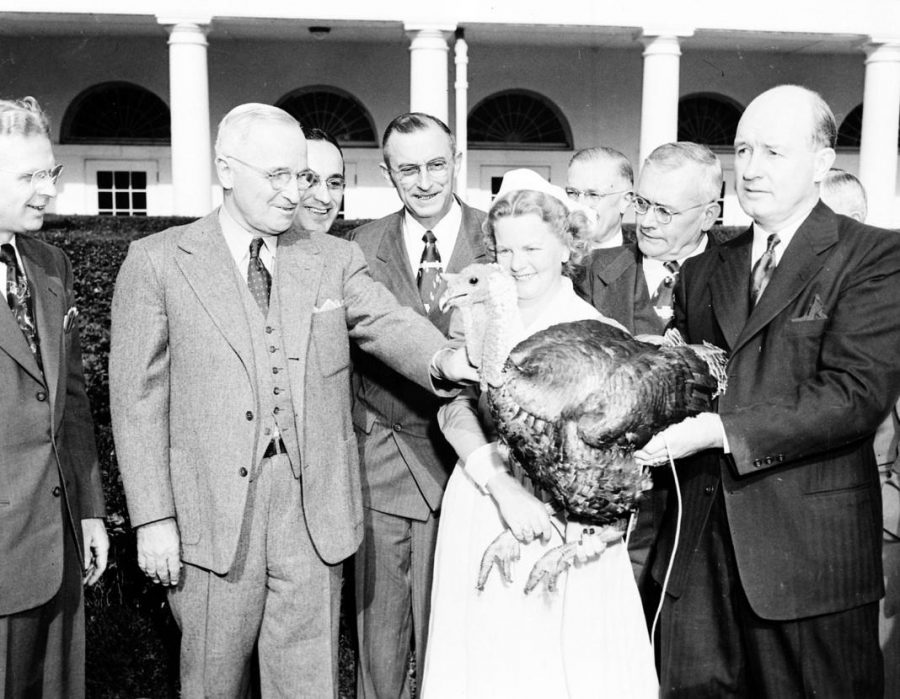“My fellow Americans, our long national nightmare is over.” These were some of the opening words of Gerald Ford’s inauguration speech, in reference to the Watergate scandal that plagued the Nixon administration just weeks before. A month later he would announce a full pardon for Nixon in a televised announcement from the Oval Office. It proved to be disastrous for Ford’s standing in the nation. Before the pardon, Ford’s approval rating was a strong 71 percent. After, it dropped to 50 percent. It’s considered one of the three corrupt bargains of American history and it’s believed to be one of the major factors as to why Ford couldn’t win a re-election.
The presidential pardon of Nixon continues to be looked upon as one of the grossest acts of injustice in American politics. It cost two presidents their political careers and ushered in an era of distrust between the people and the federal government. The only thing that could have potentially made the act worse is if the pardon came down from Nixon himself. It was an idea entertained by the president a few days before he would announce his resignation. A memo released by the Department of Justice at the time cleared up that the president doesn’t have such power, “Under the fundamental rule that no one may be a judge in his own case, the president cannot pardon himself.”
On June 4, President Donald Trump seemed to contradict this sentiment. He tweeted, “As has been stated by numerous legal scholars, I have the absolute right to pardon myself, but why would I do that when I have done nothing wrong? In the meantime, the never-ending Witch Hunt, led by 13 very angry and conflicted Democrats (& others) continues into the mid-terms!”
This tweet was made amongst a string of orders of executive clemency from the Trump Office. Trump has already pardoned more people than Obama had during his eight years in office. This rapid use of executive power has begun to raise a few eyebrows in the political arena and the hypothetical mention of wiping your own slate clean should send anyone into serious doubts. Coming from a president whose time in office has been plagued with numerous accusations of scandal — from paying off a porn star to remain silent concerning an affair to political collusion with a foreign government to win the presidential election, this statement – even as a hypothetical – is cause for alarm.
There has been a lot thrown at Trump since he announced his bid for the presidency. None of the scandals that could cost him his job have turned up any conclusive evidence, but the talks of self-pardoning should disturb all. The question isn’t about whether or not a president can pardon themselves at all, it’s about the idea of a president considering it regardless of the possibility. The last president to consider it was at the center of the greatest American political scandal in history. If Trump doesn’t want people to suspect fire, then he shouldn’t blow so much smoke.
g.swanson@dailyutahchronicle.com



